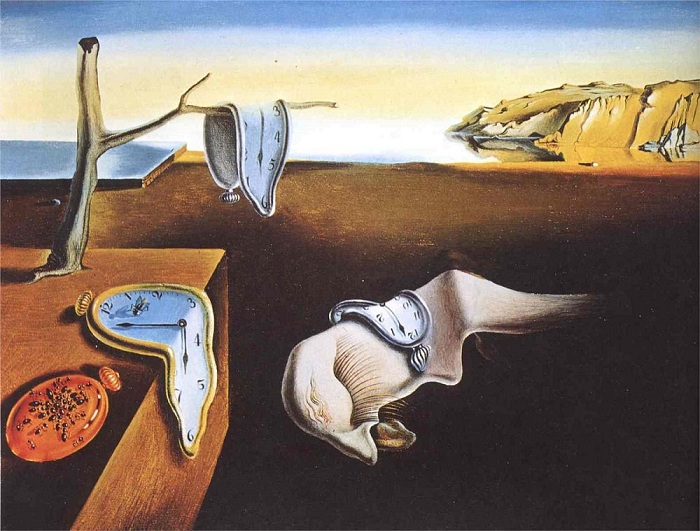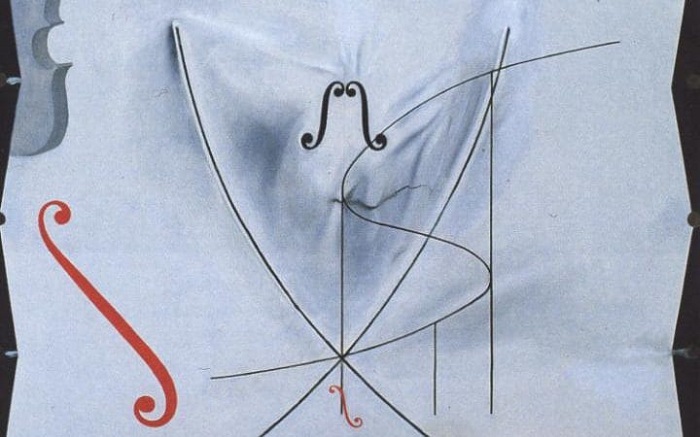Dali suffered from Parkinson’s in later life while Brooks developed Alzheimer’s.
Scientists used a technique called ‘fractal analysis’ to study how their painting style changed as their illness progressed. The process looks for tell-tale repeats of patterns in an artist`s work. Usually over time, the number of familiar patterns and brushstrokes, increase.
But when Brooks and Dali’s later works were compared with the later works of Picasso and Monet, neither of whom had a neurodegenerative condition, the patterns decreased.

Dali`s The Persistence of Memory from 1931
Study author Dr Alex Forsythe, said: “Art has long been embraced by psychologists an effective method of improving the quality of life for those persons living with cognitive disorders.
“We have built on this tradition by unpicking artists’ ‘handwriting’ through the analysis of their individual connection with the brush and paint. This process offers the potential for the detection of emerging neurological problems.
“We hope that our innovation may open up new research directions that will help to diagnose neurological disease in the early stages”

Dali`s The Swallow`s Tail from 1983
The finding could allow art historians to learn whether artists were suffering from conditions such as Alzheimer’s in later life.
Dali was thought to have first shown signs of Parkinson’s disease in 1980 when his hands started to shake, making painting difficult. His last painting The Swallow’s Tail was completed in 1983 and he died in 1989.
The research was published in the journal Neuropsychology.
More about:
























-1745485667.jpg&h=190&w=280&zc=1&q=100)























